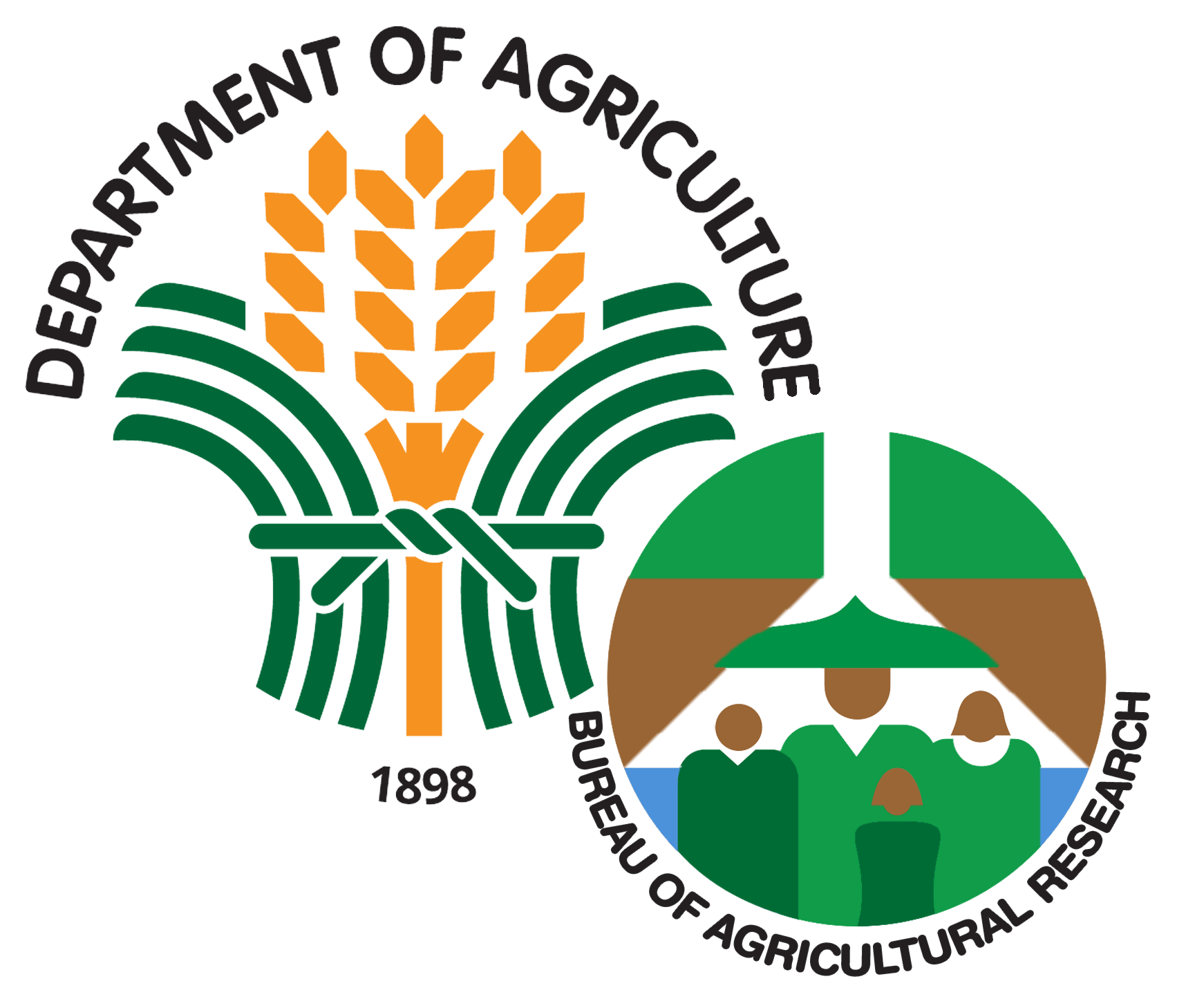Proper management of cecid fly or kurikong (Procontarinia frugivora) was discussed during the webinar of the Department of Agriculture-Bureau of Agricultural Research (DA-BAR) on 2 February 2021 via Facebook live.
Dr. Celia dR. Medina, expert on entomology from the University of the Philippines Los Baños (UPLB), discussed the importance of understanding the life cycle and behavior of cecid fly and its implication to the fruit development of mango as well as the reasons for the failure of the usual control and management recommendations.
Recorded only in the country, kurikong starts to attack and feed on the surface of the fruit at 32-35 days after flower induction which is the onset of fruit development.
“This is the period of time that farmers should be vigilant in monitoring the attack of cecid fly. If at this stage the population is not controlled, [farmers] will have more cecid fly during the later stage of fruit development,” said Dr. Medina.
She also elaborated that the improper use of insecticides promotes the selection of a resistant population and kills the natural enemies of cecid fly.
“We should use insecticide judiciously. Follow the recommended rate, spray only when necessary, and observe pre-harvest interval to ensure that the mango is safe for the consumers,” stressed Dr. Medina.
Further, insecticides with different modes of action were recommended to control the population. Also, adding spreader sticker to the spray solution helps coat the fruit more thoroughly thereby killing insect pests that alight on it.
“Use complementary control methods such as fruit bagging, mulching, and proper disposal of fallen fruits,” added Dr. Medina.
UPLB, together with DA-BAR and DA-Fertilizer and Pest Authority, crafted a manual containing these management strategies and other helpful information.
Attended by 380 people, the webinar was the first live online seminar of the bureau.
“As a mango focal, I have learned a lot in this seminar on how to control pests in mango especially the cecid fly. [Dr. Medina] was able to share some best practices and recommendations on how to control it that I can also share to our local mango growers,” said participant Maria Rosario D. Ignacio.
The next seminar on 9 and 24 March 2021 will talk about onion armyworm management and edible landscaping, respectively.


